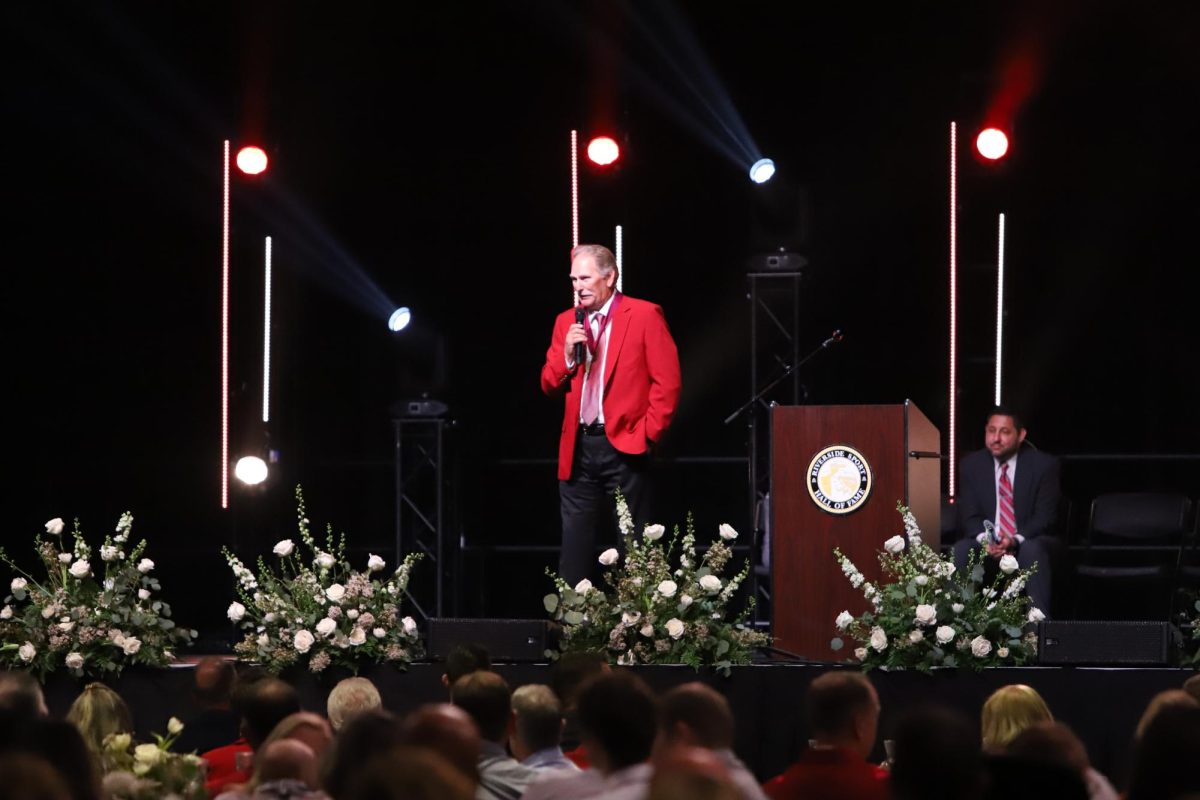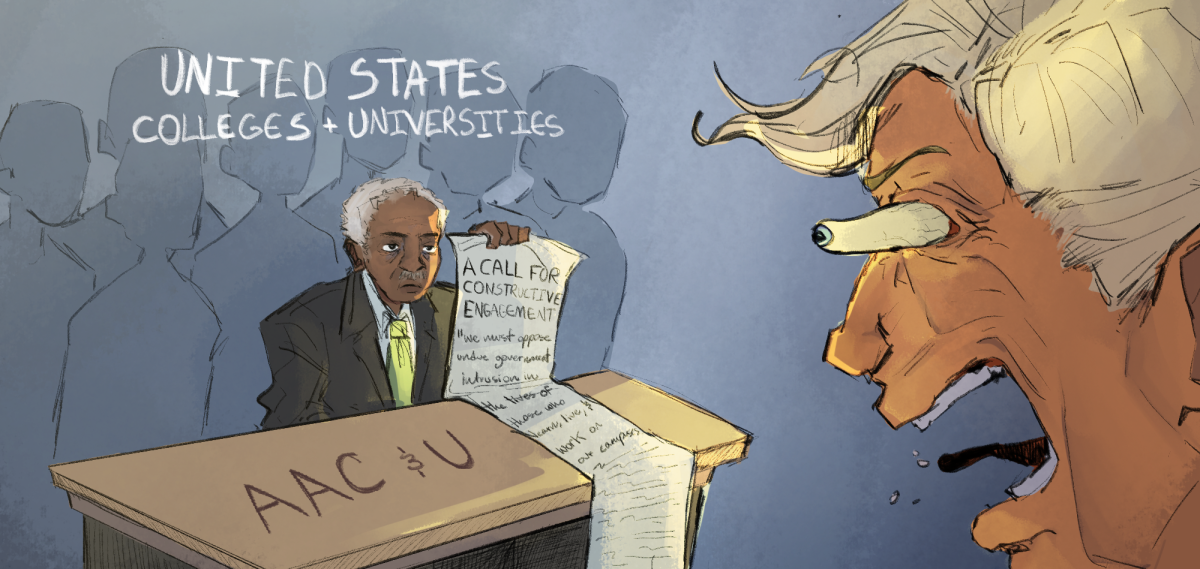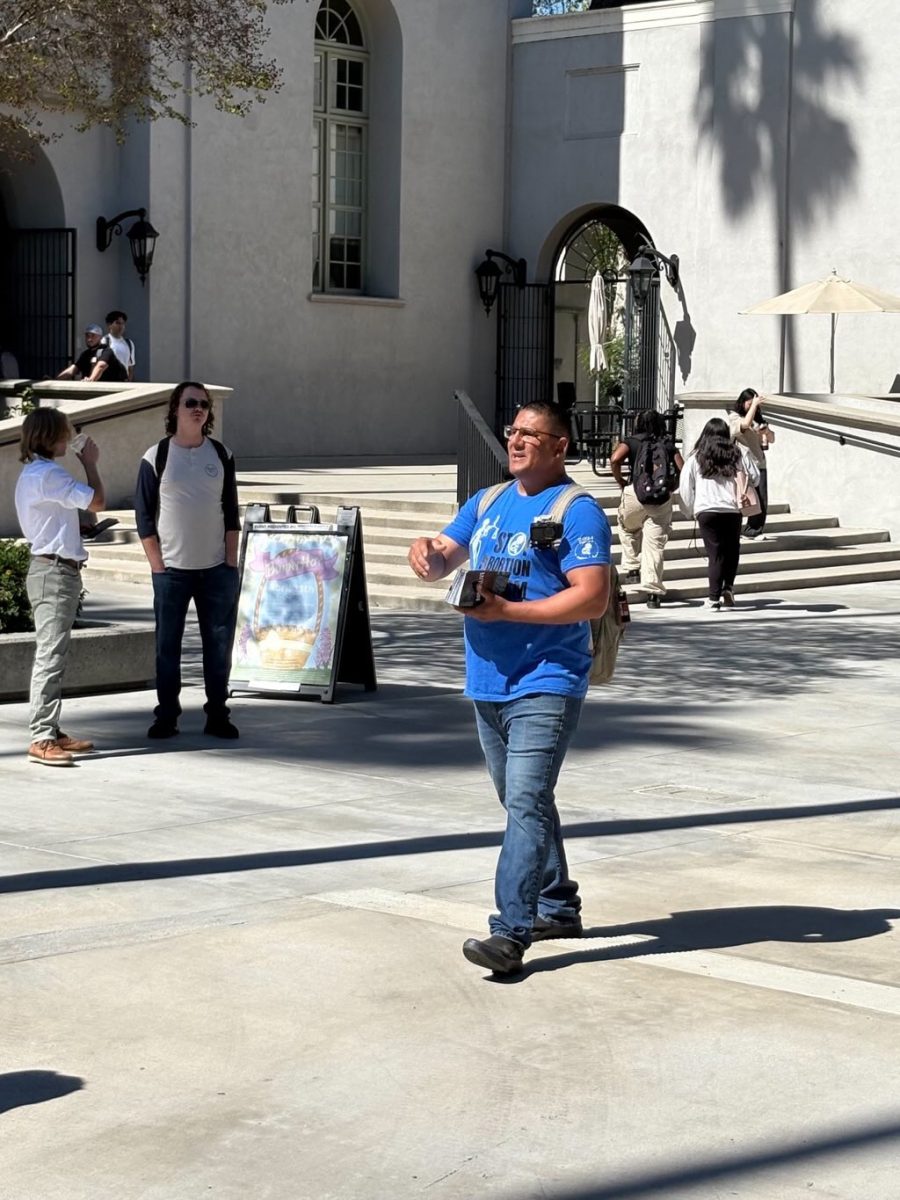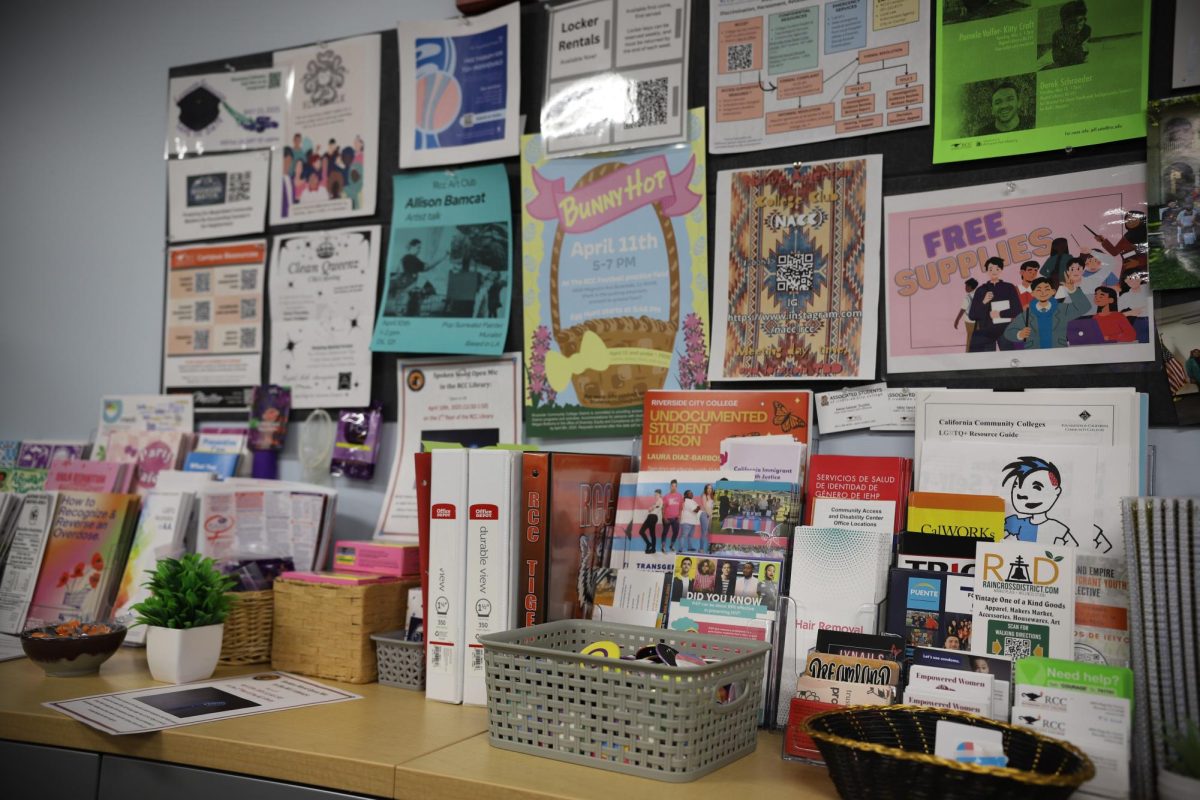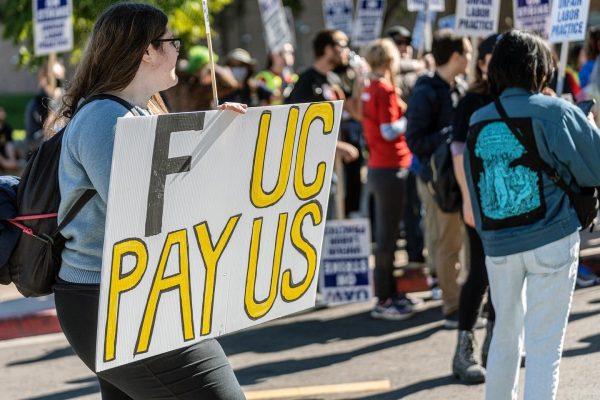
By Stephen Day
Student employees across the University of California system continue to fight for better working conditions.
Students from the United Auto Workers (UAW) at the University of California, Riverside first joined 48,000 of their fellow academic workers across all UCs on the picket lines Nov. 14.
The UAW is the union that represents graduate student workers which include teaching assistants, postdocs, graduate student researchers and undergraduate academic employees.
After months of negotiating with the University of California Office of the President, the union voted to go on strike across all UC campuses.
They are urging the office to oblige to their demands of higher wages, transportation subsidies and childcare subsidies.
“We are bargaining for things that would make our lives more survivable as grad students so that we can provide a better environment for our students and our colleagues,” Hannah Freund, Ph.D. student at UCR in the genetic, genomic and bioinformatics program, said.
The UAW and UCOP have been negotiating a new contract for months, but the union claims that the UCOP is not bargaining in good faith.
Ryan King, associate director of Media Relations for the UCOP, said their offers regarding pay, health benefits and other proposals are fair and reasonable in accordance with the union’s concerns.
Concerns have been raised about UC campuses increasing enrollments but not resources, making it difficult to properly address student needs.
Freund said they want the UC President’s Office to bargain fairly with them and provide liveable wages.
“We live paycheck to paycheck and we can’t do our research, we can’t teach,” they said. “We can’t help our community if we’re barely surviving.”
The strike has lingered while the end of quarter is quickly approaching, concerns have risen about what kind of impact the strike will have on grades and finals.
King said that disruptions to students have been minimal and that they have contingencies in place to mitigate any impact.
However, according to the UC San Diego website, blank grades not updated by the end of winter 2023 will change to an ‘F’ for the student. This will impact their financial aid, athletics, Veterans Affairs benefits, visas for international students, prerequisite enforcement and graduation.
Meanwhile, other students are receiving “A” final grades or did not need to take their final exams.
UCR student, Madeline Mendoza said that the strike affected finals and scheduling immensely.
“Two of my finals were completely canceled in sight of the strike,” says Mendoza said.
“Teachers were in solidarity with the TAs so they were deciding to not continue with finals because they didn’t want any of the TAs work.”
Other students agree.
“Our campus community has really come out in support of our demands and of our efforts to get the UC to bargain in good faith,” Do said when the strike began.
However, some undergrads have expressed concerns in online forums about the impact the strike is having on their schooling. This prompted some professors to work as their own TA’s.
“We hear the concerns of the undergrads, and do not want them to feel abandoned,” Freund said. “Picking up struck labor, holding classes, grading, submitting grades… these acts are crossing the picket line.”
The UCOP claims that their latest proposals put the striking workers at the top of the pay scale across other universities, but Freund feels differently.
“The most recent proposal that we have received from the UC is an insult,” Freund said. “Nothing about their latest proposal is fair or equitable.”
The strike moved to Hinderaker Hall and the Chancellor’s office to try and force the UC’s hand.
The strike will continue until the two groups reach an acceptable agreement.
This story has been updated from a previous online version.

